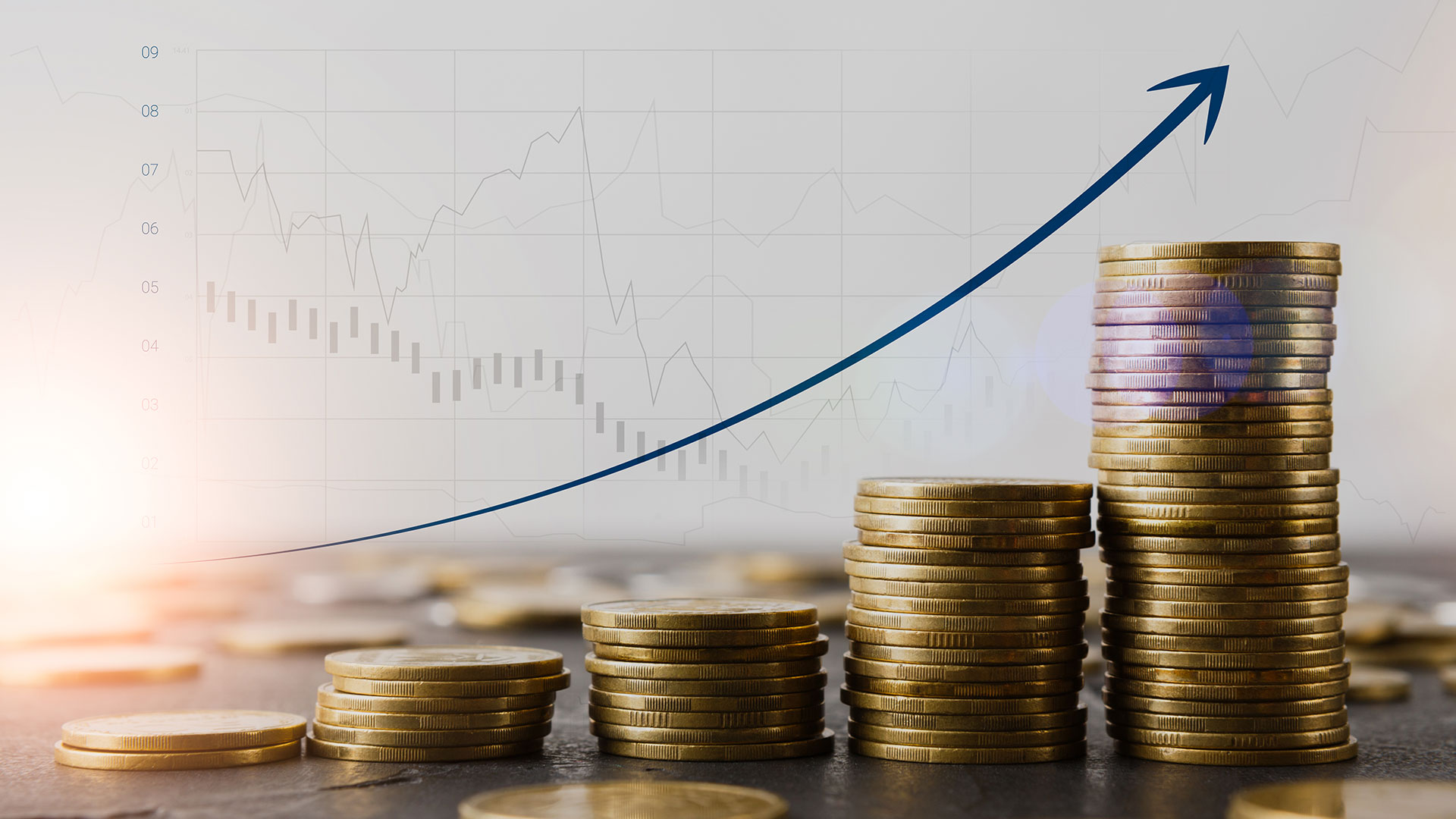The impact of the Russia-Ukraine war has been felt far beyond its humanitarian crisis. As inflation expectations are rising, central banks are grappling with raising interest rates – one of the few options available – without disrupting the economy and impacting growth.

Even before the Russian invasion of Ukraine, inflation was a concern as the world emerged from the global pandemic. And while the experts said that the rise in inflation was temporary, recent events have shown that is definitely not the case.
Now central banks have a dilemma on their hands: they need to raise interest rates to curb inflation, but at the same time need to ensure that they don’t hamper economic growth.
J.P. Morgan Research forecasts that global inflation (annualised consumer price index inflation) will be at a multi-year high in the first half of 2022 at 7.1%. Commenting on the macro implications of the Russia-Ukraine crisis, Bruce Kasman, J.P. Morgan’s Chief Economist, comments: “The magnitude of the shock and the nature of these reverberations remain highly sensitive to the uncertain path that the conflict travels, but recent events are prompting downward revisions to growth and upward revisions to inflation forecasts.”
J.P. Morgan Research expects to see central banks tighten their monetary policy in response to these inflationary pressures. It points out that Russia accounts for over 10% of global oil and natural gas production, and a sharp contraction in exports could further impact inflation as well as growth.
It is not just energy, but also other commodities where the current crisis will have an impact. Christine Lagarde, European Central Bank President, in a recent press conference said, “The Russia-Ukraine war will have a material impact on economic activity and inflation through higher energy and commodity prices, the disruption of international commerce and weaker confidence.” In its recent announcement, on 10th March, the ECB said it would not raise interest rates until after its quantitative easing programmes – the Pandemic Emergency Purchase Programme and Asset Purchase Programme – come to an end. The ECB also increased its inflation expectation – to 5.1% for 2022.
The ECB, and other central banks around the world, find themselves in something of an unforeseen and unprecedented situation. Maria Vassalou, Deputy Chief Investment Officer of Multi-asset Solutions at Goldman Sachs, comments on how the current situation is unique for central bankers: “No policymakers have ever dealt with this policy situation before so it’s very much unchartered waters. Inflation is not what people would usually think of as disruptive, but right now, this is probably the biggest disruptive force as it really throws a wrench into the whole playbook of how you invest and how you think of the world. The way it is handled now will affect where we are going to be two years from now and whether we will be growing or in recession.”
Others, however, are starker in their assessment. Mohamed El-Erian, Chief Economic Adviser at Allianz, told CBS News that inflation in the United States could reach 10% by mid-2022. And he added that the US Federal Reserve doesn’t have many options left to tackle it.
Commenting on the task that Jerome Powell, Chair of the Federal Reserve, has ahead of him, El-Erian said, “Inflation is high and will go higher because of what’s happening in Ukraine. And basically, he’s got to make a choice, hit the brakes, regain credibility, but risk a recession or tap the brakes, and we have an inflation problem going into next year. We are here because the Fed is very late and has no good policy options available anymore.”
He continued with his assessment of the near-term outlook: “We, unfortunately, are going to have at least 12 months of uncomfortable inflation, something that we haven’t had since the 70s and 80s, and that’s going to be especially problematic for the more vulnerable segments of our society.”